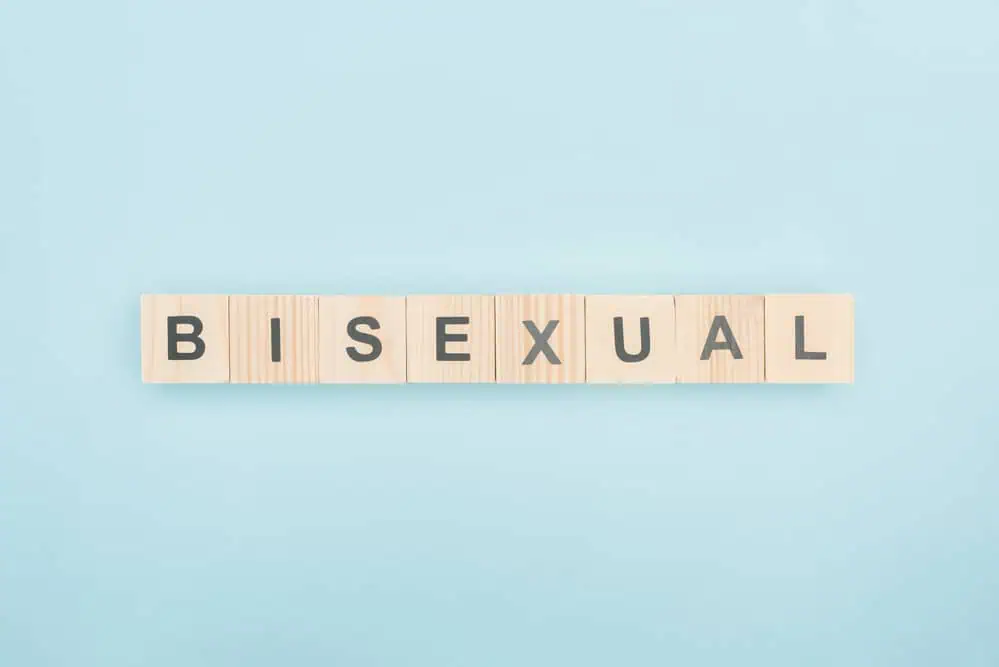
What Is It Like to Come Out to Your Partner as Bisexual?
In honor of Pride month, some of our contributors are sharing information, experiences, and knowledge as members of the LGBTQ+ community.
There were a lot of not-great things about my first relationship. To give my ex full credit where due, though, he was completely accepting and affirming when I came out as bisexual at the age of 18.
Coming out is scary.

Fortunately, some partners are supportive.
I was lucky. When I told my first boyfriend that I was struggling with my sexuality and later that I was definitely bisexual, he stood by me and supported me. We opened up our relationship so I could explore connections with women. He even came to bi events and Pride with me. Even though the relationship eventually imploded, I never felt that my sexuality had anything to do with it.
Many bi people who are afraid of coming out to their partners feel immense relief when those partners are supportive. “I had nothing to worry about,” Paul says. “I thought my wife would freak out but actually she was really amazing. If anything it’s brought us even closer because I feel like she knows the real me.”
A non-issue…

A number of people reported similar non-issue responses. One anonymous respondent told me that he came out to his girlfriend. She said she had already suspected and didn’t see it as a big deal. Another told me about an unexpected mutual coming out. “I said “I’m bi,” and she said “Me too!””
Kate talked about meeting her now-wife, who is gay, and having a frank and open conversation about sexuality when they started dating. “It was more for her to understand who I was than it was about me having sex with men versus women,” she explains.
Sadly, many people are not so lucky.

“She just assumed I was going to cheat on her with a man,” Jamie told me. “I’m monogamous and was very happy with her. I didn’t tell her because I wanted to act on it, I just told her because I wanted her to know me for who I am. We didn’t last long after that because she assumed I was sneaking around with men behind her back.”
Paisley says, “I was dating a cis straight man when I came out as bi to him. He didn’t say much, but in the weeks following my coming out, any time a man with long hair came on the TV, he’d say, “He looks like a girl, I bet you fancy him.”” Their relationship ended shortly afterward.
We desperately need a better understanding of bisexuality.
In researching this article, I realized that most biphobic rejection comes from a place of fear. Because bisexuality is so misunderstood and stigmatized, the only frame of reference monosexual partners often have is hurtful stereotypes. This doesn’t excuse their behavior, of course, but it does go some way towards explaining it.
The truth is that bisexual people are just like everyone else. Some of us are monogamous, some are non-monogamous. We don’t cheat on partners at higher rates than the general population. We don’t represent a higher risk for STI transmission. And in fact, many queer people are really knowledgeable about sexual health. We just happen to be attracted to people of more than one gender.
What to Say if Your Partner Comes Out to You

Say, “Thank you for sharing that with me.” Ask your partner what bisexuality means to them. Ask if they envision their new understanding of their sexuality changing anything about your relationship, but take their answer at face value.
Sometimes, the best thing you can do is just give them a hug and tell them you love and accept them.
Conclusion
Living your full authentic self is important, but it’s not easy. Have you come out to your partner as bisexual, or has your partner come out to you? We’d love to hear your story in the comments!
